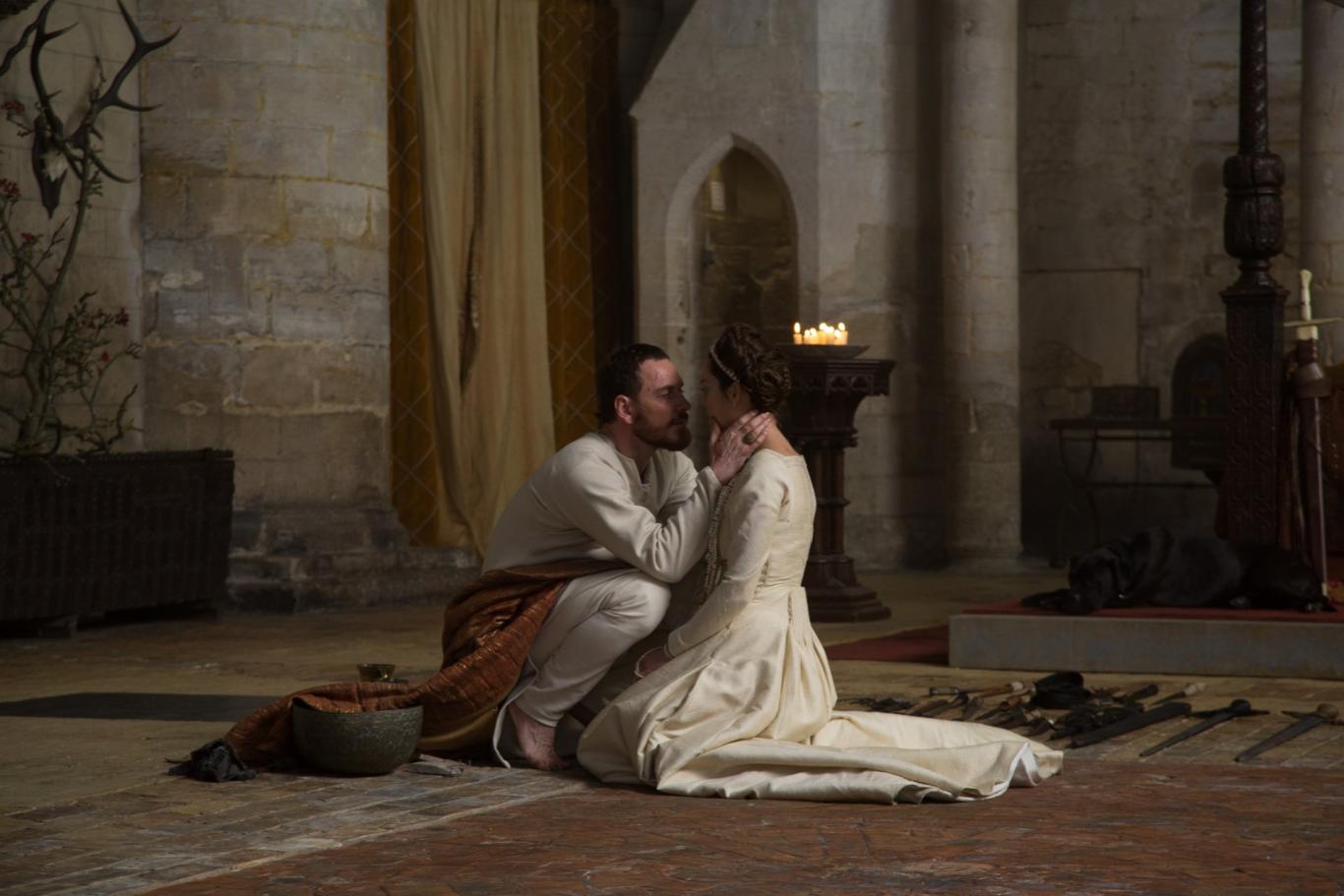Fate and Free Will in Macbeth: A Question of Destiny and Choice
In the realm of literature, few plays explore the interplay of fate and free will as profoundly as William Shakespeare's tragic masterpiece, Macbeth. This article delves into the role of these two forces in the play, examining how they shape Macbeth's actions, decisions, and ultimate downfall.

I. Fate In Macbeth
A) Defining Fate And Its Role:
Fate, in the context of Macbeth, refers to the predetermined events or circumstances that shape the characters' lives. It is often associated with destiny, prophecy, and the supernatural.
In the play, the witches' prophecies serve as a catalyst for Macbeth's tragic journey. Their words, "All hail, Macbeth, that shalt be king hereafter," and "Thou shalt get kings, though thou be none," sow the seeds of ambition and desire in Macbeth's mind.
These prophecies create a sense of inevitability, as if Macbeth's fate is already sealed. However, the play also raises questions about the extent to which Macbeth's actions are predetermined by fate or whether he has the freedom to choose his own path.
B) Determinism And Macbeth's Choices:

The concept of determinism, the idea that all events are predetermined and that human beings have no real freedom of choice, plays a significant role in Macbeth. The witches' prophecies seem to suggest that Macbeth's actions are predetermined, that he is fated to become king and commit heinous crimes.
However, the play also presents moments where Macbeth could have chosen differently. After the witches' initial prophecy, Macbeth has the opportunity to reject their words and resist the temptation to pursue power. He could have chosen to remain loyal to King Duncan and avoid the path of destruction that ultimately leads to his downfall.
II. Free Will In Macbeth
A) Defining Free Will And Its Significance:
Free will, in contrast to fate, refers to the ability of individuals to make choices and act independently of predetermined circumstances. It is the power to choose one's own path, even in the face of external pressures or influences.
In Macbeth, the character's internal struggles and moral dilemmas highlight the significance of free will. Macbeth is torn between his ambition and his conscience, between the desire for power and the guilt that consumes him after committing murder.
B) Ambition, Power, And Decision-Making:
Macbeth's ambition and lust for power are driving forces behind his actions. He is willing to go to great lengths to achieve his goals, even if it means sacrificing his morals and betraying his king. However, the play also explores the consequences of these choices, as Macbeth's ambition ultimately leads to his downfall.
The play raises questions about the extent to which Macbeth's ambition is a product of his own free will or whether it is a result of external influences, such as the witches' prophecies or the corrupting influence of power.
III. The Interplay Of Fate And Free Will
A) The Complex Relationship:
The relationship between fate and free will in Macbeth is complex and multifaceted. The play suggests that these two forces are intertwined, that they work together to shape Macbeth's destiny.
While the witches' prophecies may have set Macbeth on a certain path, it is ultimately his own choices that determine his actions and their consequences. He has the freedom to choose whether to act on the prophecies or to resist them, to pursue power through legitimate means or through violence and deceit.
B) Tragic Flaw And Macbeth's Downfall:
The concept of the tragic flaw plays a significant role in Macbeth's downfall. His ambition, which initially drives him to seek power, becomes his undoing. His inability to control his ambition and his willingness to commit heinous acts ultimately lead to his downfall.
The play explores the idea that even in the face of fate or predetermined circumstances, individuals have the power to choose their own actions and that these choices have consequences.
In Macbeth, Shakespeare presents a profound exploration of the interplay between fate and free will. The play raises questions about the extent to which our lives are predetermined and the extent to which we have the freedom to choose our own paths.
Through the character of Macbeth, Shakespeare delves into the complexities of human nature, the allure of power, and the consequences of unchecked ambition. The play serves as a timeless reminder of the importance of moral choices and personal responsibility, even in the face of adversity or perceived destiny.
The themes of fate and free will in Macbeth continue to resonate with readers and audiences today, encouraging us to reflect on our own choices and the impact they have on our lives and the lives of others.
YesNo

Leave a Reply